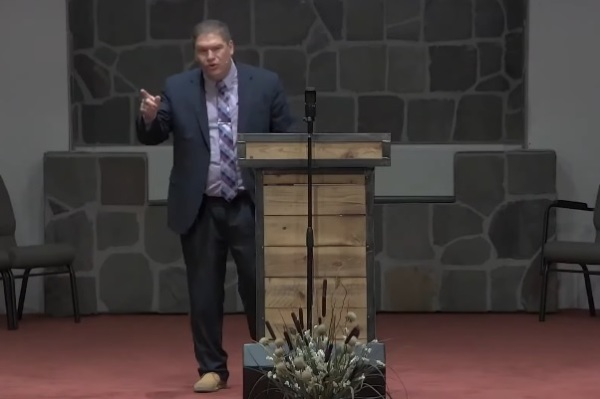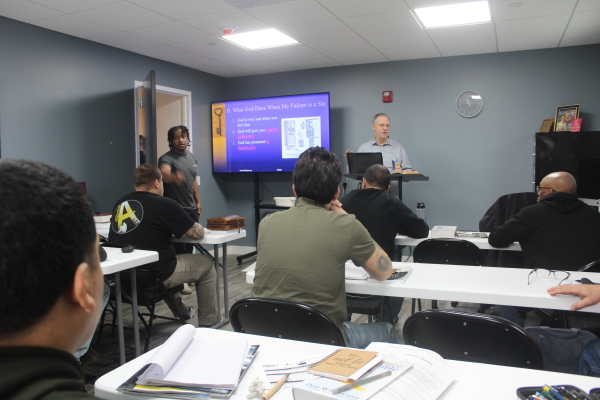Few Americans Experience Short-Term Mission, Survey Finds
Despite the buzz in recent years about the popularity of short-term mission trips, a new survey found that few Americans, even among churchgoers, have gone on a short-term service trip.
Only nine percent of Americans have ever been on a brief service trip, with churchgoers having only a slightly higher percentage (11 percent), according to the latest Barna Group survey.
In addition to the lower-than-expected percentage of short-termers, another surprising finding showed that most of the people who said they have been on a short-term mission trip did so more than five years ago.
"To put that in perspective, only 8 million of the 228 [million] adult residents of the U.S. have been on a short-term mission trip in the last five years," the study noted.
But among those who went on a short-term service trip, a solid majority described it as a "life-changing" experience.
The most common areas of change that people recall included becoming more aware of other people's struggles (25 percent); learning more about poverty, justice, or the world (16 percent); increasing compassion (11 percent); deepening or enriching their faith (9 percent); broadening their spiritual understanding (9 percent); and boosting their financial generosity (5 percent).
Others mentioned that the experience helped them feel more fulfilled, become more grateful, develop new friends, and pray more.
"[T]his research does not measure the benefit to the people being helped, since we only interviewed Americans for this project," commented Barna Group president David Kinnaman.
"But short-term missions clearly benefit the people providing the assistance. Many pastors, parents and teachers are searching ways to transform hearts and minds. One promising way to go about changing people's perspectives is to go on a service adventure together."
The survey also found that certain subgroups were more likely to participate in short mission trips: adults under age 25; residents of the South and the West; college graduates, and political conservatives. The most active group of people in terms of short-term trips were evangelical Christians (23 percent of whom had taken such a trip).
In contrast, residents of the Northeast, Catholics, and political liberals were among the least likely to go on service trips.
"Mosaics (generation under-25 years old) are globally aware and cause-oriented," observed Kinnaman. "They relish risk, stimulation, and diverse experiences. And they are more sensitive to issues related to justice and poverty. Their craving to take journeys of service could fuel a resurgence of global engagement."
But he warned that leaders and organizations can "waste" the Mosaic generation's eagerness to serve by allowing them to simply be "consumers of cause" – selling them T-shirts and wristbands – instead of challenging them to life-changing service projects.
The report is based on telephone interviews with 1,005 randomly selected adults, age 18 and older, from across the nation.






















